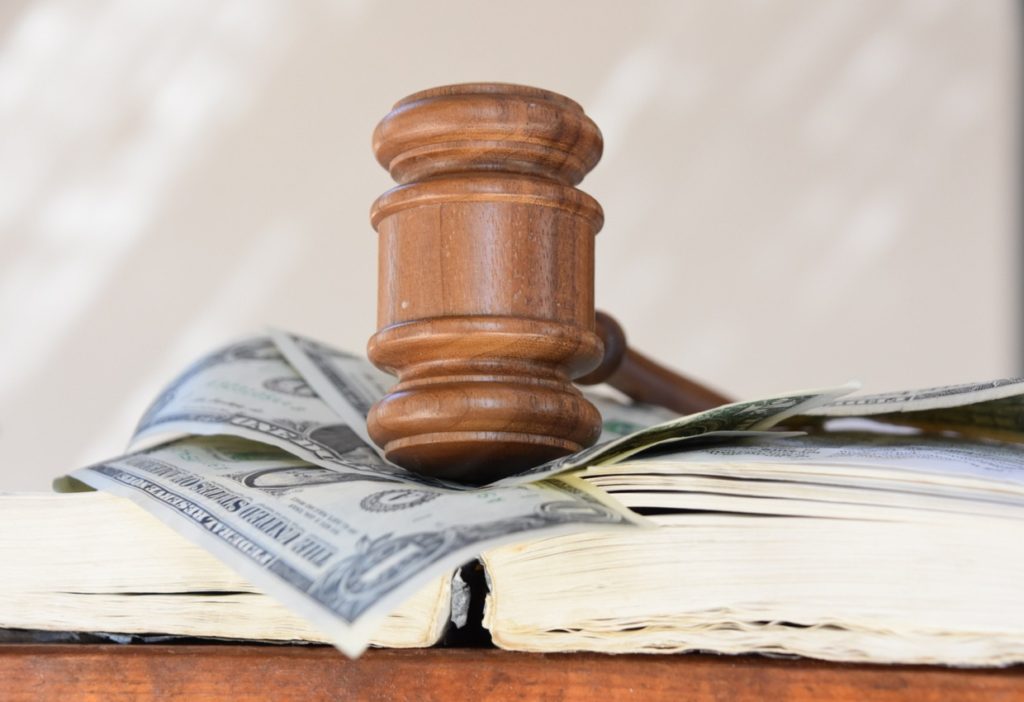Unpaid Employment Taxes Hit Hospital Admin Hard


The result in a new Tax Court case of unpaid employment taxes, Cashaw, TC Memo 2021-123, 10/27/21, was especially harsh due to the unenviable position of the taxpayer.
Background: If payroll taxes aren’t remitted to the IRS in time, the “responsible party” may be held personally liable for the full amount of the unpaid payroll taxes. In other words, a company president or treasurer might have to pay the IRS an amount equal to 100 percent of the shortfall out of their own pocket.
A responsible party could be anyone who is responsible for collecting or paying employment taxes and willfully fails to do so. And the IRS takes a broad view of what constitutes a “willful failure” for this purpose.
For instance, the penalty may be assessed against a supervisor or officer who knew or should have known about the unpaid taxes. What’s more, the courts generally don’t allow any leniency.
Facts of the new case: The taxpayer, a resident of Texas, was the temporary administrator of a hospital. In this capacity, she supervised the hospital’s payroll functions, attended board meetings, and had check-signing authority under which she reviewed hospital expenses and signed checks on behalf of the hospital.
The hospital suffered severe financial setbacks during the periods at issue. One of its main creditors sought to protect an outstanding balance owed by the hospital. Accordingly, the parities entered into an agreement requiring the hospital to freeze its bank accounts except for the purpose of making specified payments to certain hospital staff, vendors and creditors following the approval of the hospital’s de facto controller.
Given the hospital’s financial constraints, the taxpayer was presented with difficult choices during her tenure as temporary chief administrator. In reviewing the hospital’s expenses during the periods at issue, she attempted to prioritize payments among the staff, vendors, and private creditors that she deemed provided “essential patient care services.” On occasion, she refused to sign checks on behalf of the hospital.
Unfortunately, the hospital failed to remit to the IRS the full amounts of employment taxes and withholdings it reported on its Form 941, Employer’s Quarterly Federal Tax Return. Following an investigation, the IRS determined that the taxpayer was personally liable for these unpaid withheld funds.
Tax outcome: The Tax Court characterized that the taxpayer’s failure to pay over the employment taxes as being willful. She managed the hospital’s operations and had check-signing authority so she was a responsible party. Also, the taxpayer knew that the hospital wasn’t meeting its payroll tax obligations and she prioritized other creditors before the IRS. As a result, the Tax Court upheld the trust fund penalty.
There’s a lesson to be learned from this new case. Advise your clients to pay the IRS ahead of other creditors, otherwise, a willful failure to remit taxes could come back to haunt them.

